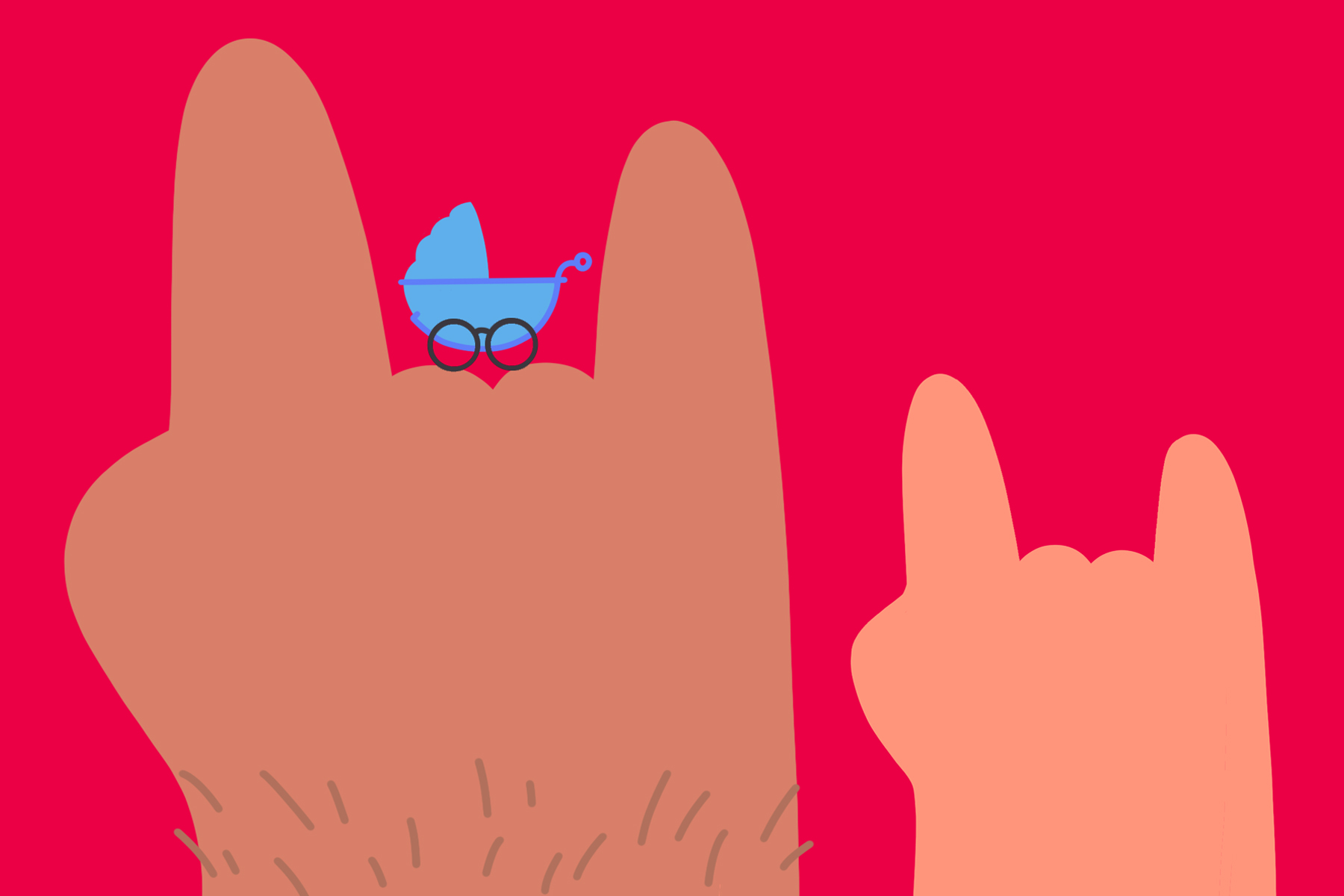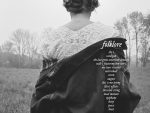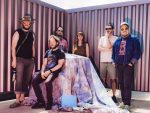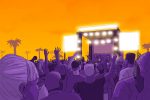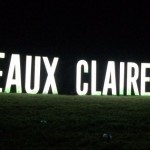Between day-long, mid-winter recording sessions, Dispatch’s Chadwick Stokes dances in a kitchen with his naked infant children. He sings folk songs with his family and band, tracking his second full-length LP, “The Horse Comanche.”
After over a decade of hiatus from Dispatch, he and his bandmates Brad Corrigan and Pete Francis have been playing sold-out stadiums to crowds of adoring fans with over two decades’ worth of legacy built up around them.
If you attended one of these shows, you would look around and see a myriad of people: overwhelmingly, a cohort of receding hairlines in hippy clothes that don’t fit like they used to, singing along to every lyric. These are the once-college-kids whom Dispatch relied on to build a following in the absence of major-label support or radio play.
Perhaps you might even see a couple small children, a new generation of bro-band fans raised on the funk, folk and reggae-infused indie rock their parents entered adulthood with. Dispatch has grown up with their fans, but the fun and high energy that characterized their shows back in the late ’90s and early 2000s remains, thanks to the optimistic loyalty of this early iteration of the modern-day hipster generation.
Equally excited, sitting side by side with their older peers, is a group of teenagers who have begun riding the wave of energy this music has inspired. They might have discovered it via Spotify playlists, YouTube suggestions, older siblings or good friends, but the charm that attracted the initial fanbase remains.
Dispatch is undeniably dad rock, but the intergenerational line that once divided the youth from this kind of music has largely dissipated. The way kids might have shuddered at the name Bruce Springsteen has been replaced by enthusiastic acceptance of whatever is good and fun to listen to.
Across the continent from Stokes, Unknown Mortal Orchestra mastermind Ruban Nielson sits in the basement of his Portland home, eating raw nuggets of cannabis so as not to hotbox the interior of the house he shares with his children. He records through the night into the early hours of the morning.
As the enormous amount of THC he allegedly consumed kicks in, his young son descends the stairs. High and disoriented, Nielson records his child’s laughter. The recording makes it into the final cut of the aptly named track, “Faded in the Morning,” found late into the UMO album “II.” Nielson is 38.
Since Unknown Mortal Orchestra’s debut in 2010, Nielson has released anthem after anthem to soundtrack the highlights of an entire generation of indie kids’ experience in the modern day. His presence in the current indie rock scene is integral to defying the traditional pop/rock star archetype that has dominated the mainstream since the ’50s. No longer are young, chiseled starlets the sole source of entertainment in contemporary culture.
Nielson is not alone in establishing this older-generational presence in creating high-energy rock music that attracts attention from a range of ages. The prolific Justin Vernon of Bon Iver is 37, and Oh Sees front man John Dwyer still sports an emo-swoop haircut at 44. More than ever, live music seems inviting to a broader spectrum of fans and incites aspirations from a vast range of performers. The dads of rock music these days teach the valuable lesson that if you love something, patience and persistence, above all else, are the keys to doing it for a living.
I spent Valentine’s Day 2019 at a Dr. Dog concert in Rochester, New York. It was a cozy show, surrounded by a half a state’s worth of lovers and friends who all decided to collectivize their love for live music to celebrate the Hallmark holiday. While the sound was impeccable, and Dr. Dog played the role of consummate performer as they have been for the better part of two decades, one of the most profound moments I experienced at the show was an snippet of a conversation I overheard between two women standing to my left.
“We have to be the oldest people here,” one said, looking around at the surrounding general admission crowd. While I do not remember much of the ensuing discussion, the observation has echoed through the back of my mind for two reasons.
The first is that they were not, by a vast margin, the oldest people there. While they could certainly have been pushing their early 40s, their perspective was distorted because they were surrounded by my friend group, a collection of skinny 20-somethings. The reality is that there were attendants to this show at least 20 years their senior, and others less than half their own age. Despite this diversity, the albums Dr. Dog has been pumping out since the early 2000s have transcended their own perceived lifespans; instead, they have enjoyed near-unanimous acclaim from a constantly expanding number of generations.
The second thing that caught my ear from my neighbor’s brief remark was the fact that she said it at all. I do not know this woman’s name, taste in music, cultural background or relationship to Dr. Dog. Yet, her consciousness of the spread in age at the show was enough to communicate her own appreciation for the community that this music can instill.
Dr. Dog closed their set with “Nellie,” a song presumably about bassist Toby Leaman’s own daughter. Sonically, the song acts as a good closer based solely off its epically catchy melody and heartfelt appreciation for the love that comes from parenthood and musicianship, but there was another degree of beauty that only added to the affectionate power ballad.
While my friends and I grabbed onto one another to belt along to the chorus, I found comfort in the fact that there were people surrounding me in all directions who were experiencing an entirely separate degree of connection to the music. Parents on and off stage were able to unite in a celebration of passionate love. The aura in the room was inspiring, and I walked out of the venue high off my own obsessive relationship to live music.


